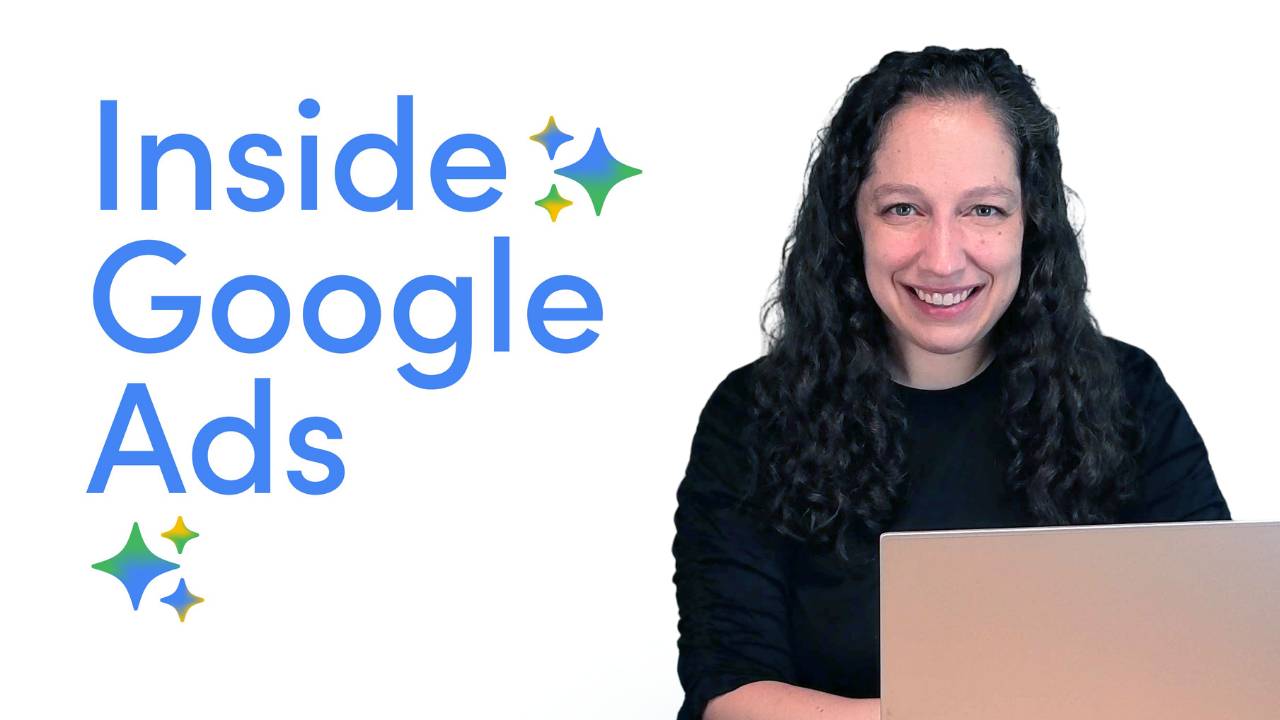Local Services Ads vs. PPC: Are Google Search Ads Dead?
Sep 02, 2025
By: Jyll Saskin Gales, Google Ads Coach
As a service-based business owner, you want to find the best ways to promote your business and reach potential clients. You may have heard some people claim that Google Local Services Ads (LSAs) are the only way to find new customers. But that's not true: traditional pay-per-click (PPC) search ads are far from dead.
While LSAs are a powerful tool, they are not the sole path to promoting your local business. Understanding the nuances between LSAs and traditional search ads is crucial for making informed decisions about your advertising strategy.
In this article, we'll cover:
-
What Local Services Ads (LSAs) are and how they differ from standard PPC.
-
The placement of LSAs on the Google Search results page and their impact on traditional search ads.
-
Whether LSAs are truly the only option for businesses in eligible industries, or if other forms of PPC still hold value.
Google Local Services Ads (LSAs): A Different Kind of PPC
First, let's clarify what Local Services Ads actually are. LSAs are a unique advertising program from Google, specifically designed for local lead generation businesses. Think of professions like plumbers, electricians, locksmiths, lawyers, and financial advisors.
Unlike traditional Google Search Ads (which are "pay-per-click" or PPC), LSAs operate on a pay-per-lead model. This means you only pay when a qualified lead contacts your business directly through the ad - typically via a phone call or message. This can be a very attractive proposition, as it shifts the risk from clicks (which don't always convert) to actual potential customers. However, that also means that leads can get quite expensive!
LSAs are characterized by their distinct appearance on the search results page. They feature a prominent "Google Guaranteed" or "Google Screened" badge, which builds trust with potential customers by indicating that Google has vetted your business. They display your business name, star rating, and a phone number, making it easy for users to connect with you.
Where Do LSAs Sit on the Search Engine Results Page?
This brings us to a common concern: "Do LSAs push traditional sponsored ads to the bottom of the page?"
It's true that when LSAs appear for a search query, they typically show up above the standard Google Search Ads. This prominent placement means LSAs can indeed take some of the clicks that might otherwise go to your traditional search ads. Their user-friendly format and the trust signals from the "Google Guaranteed" badge make them very appealing to searchers looking for local services. If you've observed a lower Click-Through Rate on your regular search ads when LSAs are present, this is a likely reason.
Is Traditional PPC Dead for LSA-Eligible Businesses?
Despite the prominent positioning of LSAs, the idea that traditional PPC (Google Search Ads) is "dead" for businesses in LSA-eligible industries is a significant overstatement. Just as people have been predicting the "death of SEO" for years, rumors of PPC's demise are greatly exaggerated.
Here's why:
-
LSAs are a form of PPC. It’s important to remember that LSAs are a type of PPC, albeit with a different payment model (pay-per-lead vs. pay-per-click). So, saying "PPC is dead" while promoting LSAs is a contradiction.
-
Not all searches trigger LSAs. While LSAs are powerful, they don't show up for every single search query related to your business. Some searches will still only display traditional Google Search Ads prominently.
-
Audience Preference: Some users might prefer the format of traditional search ads or be more inclined to click on organic search results after seeing the LSAs. Different users have different habits.
-
Control and Flexibility: Traditional Google Search Ads offer a level of control and flexibility that LSAs don't. With search ads, you have granular control over keywords, ad copy, landing pages, bidding strategies, and audience targeting. This allows for highly customized campaigns that might not be possible with LSAs. For example, if you want to target specific niche services, traditional search ads provide that capability but LSAs don't.
-
Budget Considerations: While LSAs can be effective, they can also become expensive quickly, especially in competitive markets. The pay-per-lead model means that if you're getting a high volume of leads, your costs will scale rapidly. For businesses with smaller, fixed budgets, LSAs might not be sustainable right away. Traditional search ads, with their pay-per-click model, can sometimes offer more predictable spending for smaller budgets, especially if you're careful with your keyword targeting and bidding.
The Best Approach: Testing and Complementary Strategies
While LSAs aren't the only way to promote, they are certainly a valuable tool that local businesses in eligible industries should seriously consider. From anecdotal observations, businesses that run both LSAs and traditional Google Search Ads often report higher overall satisfaction with their Google Ads results. This suggests that the two ad types can be complementary rather than mutually exclusive.
Think of it like building a comprehensive marketing funnel. LSAs might capture the immediate, high-intent leads at the very top. Traditional search ads can then capture users who are still researching, comparing options, or looking for more specific services that might not be as directly highlighted in an LSA.
The optimal strategy isn't about choosing one over the other, but rather testing both to see what works best for your specific business. If you are a service-based business owner, I recommend that you:
-
Explore LSAs: If you haven't already, investigate whether your specific services are eligible for LSAs in your area. Understand the verification process and the lead pricing model.
-
Run Both: If your budget permits, try running both LSAs and traditional Google Search Ads concurrently. Monitor your performance metrics for each carefully - not just clicks, but also lead quality, conversion rates, and Cost Per Acquisition (CPA). Need help with your LSAs? Join Inside Google Ads today for a 90-minute masterclass on setting up and optimizing your Local Services Ads.
-
Prioritize Profitability: Ultimately, your goal is to acquire profitable clients. Whether a lead comes from an LSA or a traditional search ad, what matters is the quality of that lead and the return on your advertising investment.
In the end, while LSAs are powerful, it's a mistake to suggest they are the only way to promote your business. Traditional PPC is very much alive and, when used strategically, can work alongside LSAs to create a robust and effective online advertising presence.
Free Google Ads newsletter
Join 8,000+ business owners and marketers discovering my secrets to Google Ads success. Subscribe now for proven tactics in your inbox every other Tuesday.


